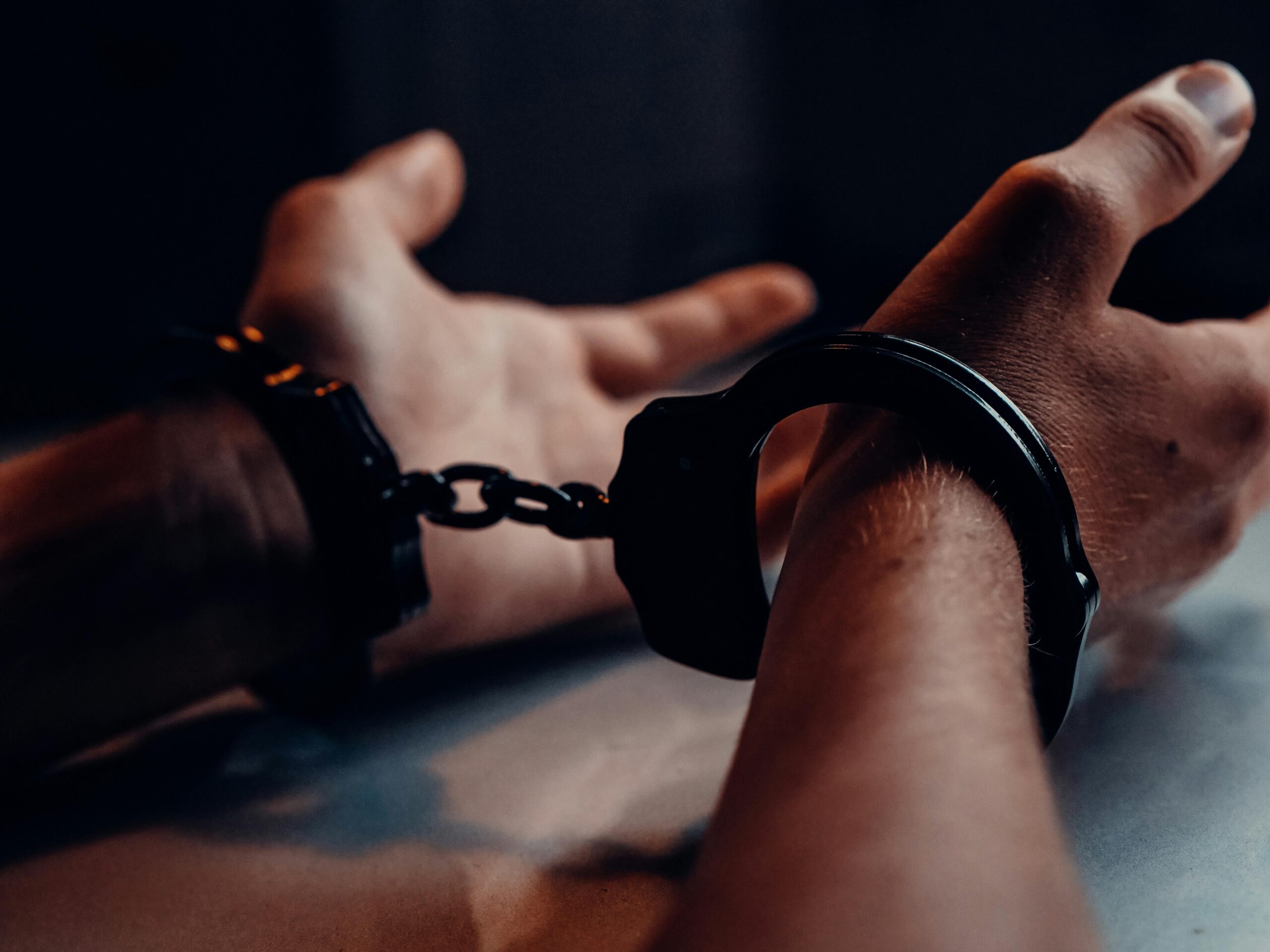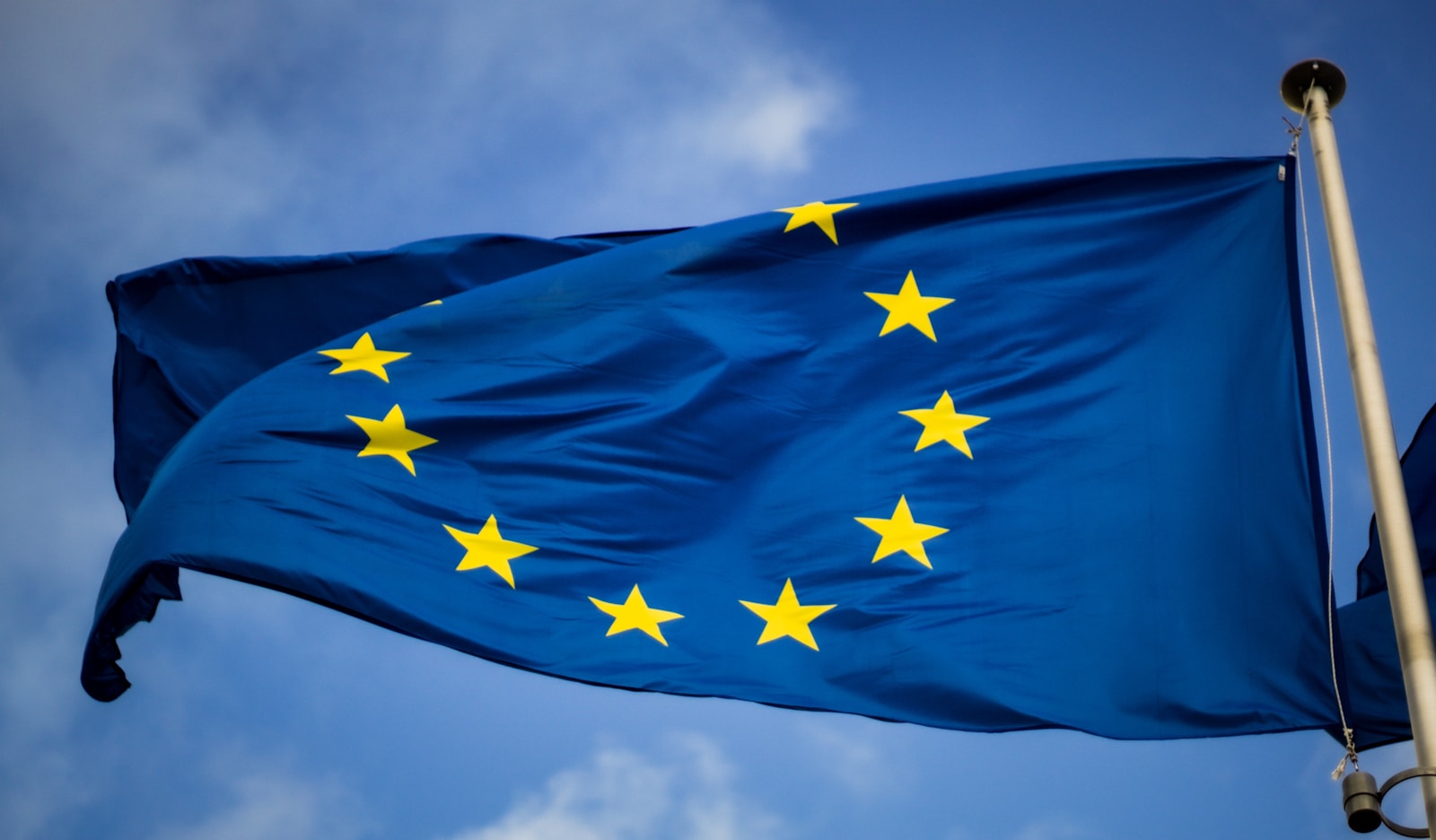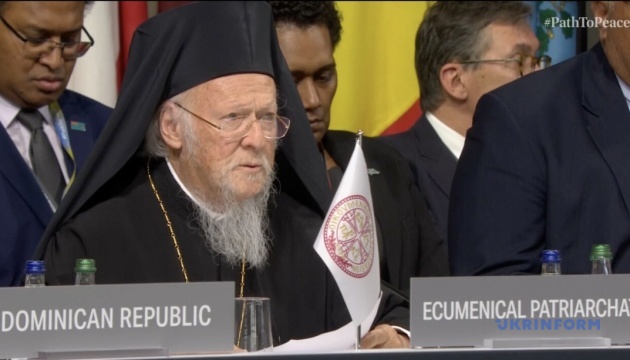Politics
Metsola: “we have a duty to meet this moment”
President Metsola emphasizes the responsibility of the Union to remain united and avoid further violence. The European Parliament condemns Hamas and advocates for sustainable peace. Support for Ukraine and addressing budget priorities are also discussed. The consequences of fragmented migration policies are highlighted.
In her discussion with the leaders, she said:
“As a Union, we have a responsibility to remain coherent and united. To do this is not to condone more death and violence but to avoid a dangerous regional escalation of the conflict. We must leave even a sliver of possibility that peace can ultimately be found.
The European Parliament has condemned Hamas in the strongest possible terms. We know that Hamas must be stopped.
As a Parliament we have always and will always keep insisting on respect for international law, that the humanitarian consequences of stopping Hamas must be a priority and that aid must be able to reach the innocent people in need.
Taking a strong stance against terror and making every effort to alleviate the humanitarian crisis in Gaza are not mutually exclusive.
That is why we keep doing everything that we can to protect innocent lives. Why we work to free hostages and get aid across and why the European Parliament has called for a humanitarian pause to achieve that.
In the longer term, Europe should stand ready and willing to engage. We must continue to push for sustainable and lasting peace. For a fair two-state solution that is equitable and just. There is a role for Europe and we have a duty to meet this moment”.
On Ukraine:
“Our support will continue in humanitarian, logistical, military, re-construction and political terms.
Provided that the conditions are met, I remain hopeful that agreement to open accession talks between the EU and Ukraine, and with Moldova using the same yardstick, can be achieved by the end of this year.
Giving our European neighbours a clear European perspective is achieving its intended purpose. But while Ukraine, Moldova and the Western Balkans are reforming and getting ready for the next steps – Europe also needs to be getting ready to do the same. This is becoming critical.
We also need to keep supporting Ukraine’s recovery, reconstruction and modernisation”.
On Multiannual Financial Framework (MFF):
“The EU’s budget is stretched to the limit.
We have to make sure our priorities are adequately funded. We all agree on the need to address security and migration, to continue supporting Ukraine, to invest more money in Member States struck by natural disasters, quickly and effectively.
We need to back our words up with the necessary financial resources to implement them – more progress needs to be made on the introduction of new Own Resources that we already agreed on back in 2020.
The budget is the minimum needed to provide funding to the people of Europe – our farmers, students, businesses and regions – that want to invest, innovate, modernise and develop a Europe that is competitive on the global stage.
If we want to remain credible about all that we say we want to do, we need an agreement. Postponing will not help.”
On migration:
“Recent events and the increase in arrivals of asylum seekers have once again demonstrated the consequences of our current fragmented policy on asylum and migration.
Making returns more effective through faster processing of asylum applications, improving the modalities for returns and closer operational coordination and cooperation among Member States, third countries, EU institutions and agencies should be at the top of our discussions.
Loopholes between a negative asylum decision and a return decision need to be closed.
People will look to us to deliver on all these issues before they vote next June”.
You can find the full speech of President Metsola here.
Source link
Politics
The leader of the independence protests in New Caledonia arrested

Police in New Caledonia have arrested the leader of the country’s independence protest, Reuters reports. Christian Thane was detained before giving a press conference. Apart from Thane, seven other people have been arrested.
Thane led a branch of the Caledonian Union, which organized barricades in the capital Noumea that disrupted traffic, movement and food supplies. He was among the pro-independence political figures who met French President Emmanuel Macron during his visit to New Caledonia.
Nine people died, including two policemen, in the unrest that gripped New Caledonia last month after France proposed electoral reforms allowing thousands of French residents who have lived in the French Pacific territory for more than 10 years to vote.
Local Kanaks fear this will dilute the vote and make it more difficult to hold a future independence referendum. According to Paris, the measure is necessary to improve democracy.
Macron announced last week that he was suspending electoral reform. Pro-independence groups for New Caledonia want it to be fully withdrawn before dialogue on the island’s political future can begin again.
New Caledonia’s international airport reopened this week, although a curfew is still in place and several thousand French police reinforcements remain.
Illustrative Photo by Kindel Media: https://www.pexels.com/photo/a-person-s-hands-on-the-table-wearing-handcuffs-7773260/
Politics
Enlargement: how do countries join the EU?

EU enlargement is a way to foster peace and stability in Europe, increase prosperity for Europeans and create opportunities for companies.
Countries preparing to join benefit from closer ties with the EU, stronger support for fundamental rights as well as from funding and expertise from the EU to make the process easier.
In December 2023, EU leaders announced that the EU would recognise Georgia as a candidate country and would start accession talks with Ukraine and Moldova. The accession talks with Ukraine and Moldova formally started on 25 June 2024. In March 2024, EU leaders also agreed to launch accession talks with Bosnia and Herzegovina.
Which countries want to join the EU?
The EU has recognised Albania, Bosnia and Herzegovina, Georgia, Moldova, Montenegro, North Macedonia, Serbia, Ukraine and Türkiye as candidate countries for EU membership, though accession negotiations with Türkiye have been frozen since 2018. This is something MEPs had called for on various occasions due to concerns over the situation in Türkiye, including the rule of law and media freedom.
Kosovo is a potential candidate country.
Who can join the EU? What are the requirements for EU membership?
In order to apply for EU membership, a country has to be European and respect the EU’s democratic values. It also needs stable institutions guaranteeing democracy and the rule of law; a functioning market economy; and the ability to take on and carry out the obligations of EU membership.
What support do candidate countries and potential candidate countries benefit from?
Candidate countries and potential candidate countries benefit from EU funding, detailed policy advice, as well as Association Agreements, giving far-reaching access to the EU’s internal market.
How does the enlargement process work?
A country can become an official candidate once it meets basic political, economic and reform criteria. It can then start formal negotiations on 35 chapters covering many different policy areas with the EU.
Once negotiations and reforms have been completed, an accession treaty is finalised, which needs to be ratified by all existing EU member states and the country itself before the country can join the EU.
What is the history of EU enlargement?
The EU started in 1952 as the European Communities with six founding members: Belgium, France, Germany, Italy, Luxembourg, and Netherlands. The first enlargement took part in 1973 when Denmark, Ireland and the UK joined.
In the 1980s, Greece joined in 1981, followed by Spain and Portugal five years later after emerging from dictatorships in the 1970s. In 1985 Greenland, which is an autonomous part of Denmark with a local government responsible for judicial affairs, policing and natural resources, became the first territory to leave the EU.
The fall of the Berlin Wall and the subsequent collapse of the Soviet Union changed everything again. In 1995 Austria, Finland and Sweden joined the EU. This was followed by two waves of Central and Eastern European countries joining. The Czech Republic, Estonia, Hungary, Latvia, Lithuania, Poland, Slovakia, and Slovenia as well as Cyprus and Malta joined in 2004. In 2007, it was the turn of Bulgaria and Romania.
Croatia became the most recent country to join the EU in 2013. Meanwhile, the UK left the EU in 2020.
What is the current situation for EU enlargement?
Russia’s full-scale invasion of Ukraine in 2022 led to Georgia, Moldova and Ukraine submitting applications for EU membership. The EU formally launched accession talks with Moldova and Ukraine in June 2024, while Georgia was recognised as a candidate country in December 2023.
The EU is also keen to give Western Balkan countries, who have been part of the enlargement process for a long time, a clear path to membership to help stabilise the region and promote fundamental reforms and good neighbourly relations.
What is the role of the Parliament?
MEPs debate and vote on annual progress reports for each country, which is an opportunity to identify areas of concerns.
The Parliament’s approval is also required before a country can join the EU.
Parliament has remained supportive of the enlargement process. President Roberta Metsola called it the EU’s strongest geopolitical tool in a speech to the European Council in October 2023. “That is why the European Parliament had called for Ukraine and Moldova to receive EU candidate status,” she said. “This status gives a clear European perspective to these nations and serves as a powerful impetus for advancing democratic reforms. A quick look back at the last 20 years can illustrate the transformative power of enlargement. That is why we want to go the next step by the end of the year if those countries are ready.”
On various occasions Parliament called for the EU’s doors to be opened to Ukraine and Moldova. In July 2022 MEPs welcomed the Council decision to start the accession process with the two countries.
Parliament continues to support the accession of the Western Balkans countries to the EU. In a resolution adopted in June 2020, MEPs call on the EU to do more to make the enlargement process for these countries a success.
In a resolution adopted in December 2023, Parliament called on the EU to open accession talks with Moldova and Ukraine as well as with Bosnia and Herzegovina, provided the country takes certain reform steps. MEPs also called for a clear timetable to conclude negotiations by the end of this decade and for Georgia to be recognised as a candidate country.
Source: European Commission
Politics
Patriarch Bartholomew: To remain silent in the face of the cruelty of war is shameful!

“War is always destructive. To remain silent in the face of the cruelty of war is shameful! It is our duty and mission to protect and promote peace. “Blessed are the peacemakers” (Matt. 5:9). With these words, His Holiness the Ecumenical Patriarch Bartholomew began his short address to the International Summit for Peace in Ukraine, which was attended by leaders and representatives of about one hundred countries and international organizations, and which took place on June 15-16, 2024, in the Bürgenstock resort , Switzerland.
The Patriarch emphasized the importance and value of dialogue, which, in his words, is the driving force of this conference.
Regarding the granting of autocephaly to the Orthodox Church of Ukraine, he emphasized that the Ecumenical Patriarchate responded to the “pastoral needs of the Orthodox believers in Ukraine”: “On January 5, 2019, in response to the pastoral needs of the Orthodox believers in Ukraine, the Ecumenical Patriarchate decreed the Orthodox Church of Ukraine as an autocephalous or self-governing ecclesiastical entity independent of the Moscow Patriarchate. And we did this despite all the difficulties and at any cost, because we firmly believe that Orthodox Christians in Ukraine deserve their own church voice. We are all here to support a just and lasting peace in a sovereign Ukraine. May God rest in peace all those who tragically lost their lives and give strength to all those who defend the peace.”
According to a press release, during the summit the Ecumenical Patriarch had the opportunity to meet and talk with the presidents of Ukraine Volodymyr Zelensky, France Emmanuel Macron and Georgia Salome Zourabishvili, with the Prime Minister of Greece Kyriakos Mitsotakis, the Vatican Secretary of State Monsignor Petro Parolin, with Hakan Fidan, Minister of Foreign Affairs of Turkey, and others.
An interesting detail of the picture of the meeting is the attempt to create a “problem” around the participation of the Ecumenical Patriarch, who attended the meeting as a representative of Turkey, but with the flag of the Patriarchate. Turkey was represented by its foreign minister, Hakan Fidan, and by Patriarch Bartholomew. Highlighting the coverage of the “church participation” in the meeting in the pro-Russian media was the status of the patriarch, who participated with the title of Ecumenical Patriarch. In Turkey, however, his status is recognized only as “Greek Patriarch of Fener”. The presence of his signature as “Ecumenical Patriarch” under the general declaration led the Turkish authorities to emphasize again that they do not recognize Patriarch Bartholomew such a title and role in world Orthodoxy that was inherited from the Byzantine Empire, and he is only the head of the “Greek religious minority ” in the country and can only represent him. The Turkish foreign minister also denied having an official personal meeting with the patriarch within the framework of the conference. This position particularly impresses the Russian policy aimed at compromising and belittling the role of the Ecumenical Patriarchate at all levels and on all occasions.
Turkish media also noted that the Vatican, which attended with observer status through its secretary of state, did not sign the joint declaration signed by Turkey. South Africa, Saudi Arabia, India, South Africa, Thailand, Indonesia, Mexico and the UAE did not sign the declaration. To date, the declaration has been signed by seventy-nine countries and six international organizations.
-

 EU & the World5 days ago
EU & the World5 days ago‘HSM’ Alum Bart Johnson Defends Sister-In-Law Blake Lively Amid Online Backlash
-

 Sports2 days ago
Sports2 days agoMercedes celebrates Monza: “Goosebumps.”
-

 Politics6 days ago
Politics6 days agoEU Intensifies Pressure: Six-Month Extension of Russia Sanctions
-

 Health & Society5 days ago
Health & Society5 days ago7 Superfoods That Will Boost Your Fitness Results
-

 Sports5 days ago
Sports5 days agoFiorentina miracle: nine qualify for the Conference League rounds
-
Travel4 days ago
Venice 2024 review: ‘Babygirl’ – Nicole Kidman shines in sex-positive BDSM drama
-

 Sports1 day ago
Sports1 day agoCharles Leclerc at Monza outperformed even Michael Schumacher.
-

 Health & Society4 days ago
Health & Society4 days agoMarathon of documentaries on Drug Prevention for International Day Against Drugs








